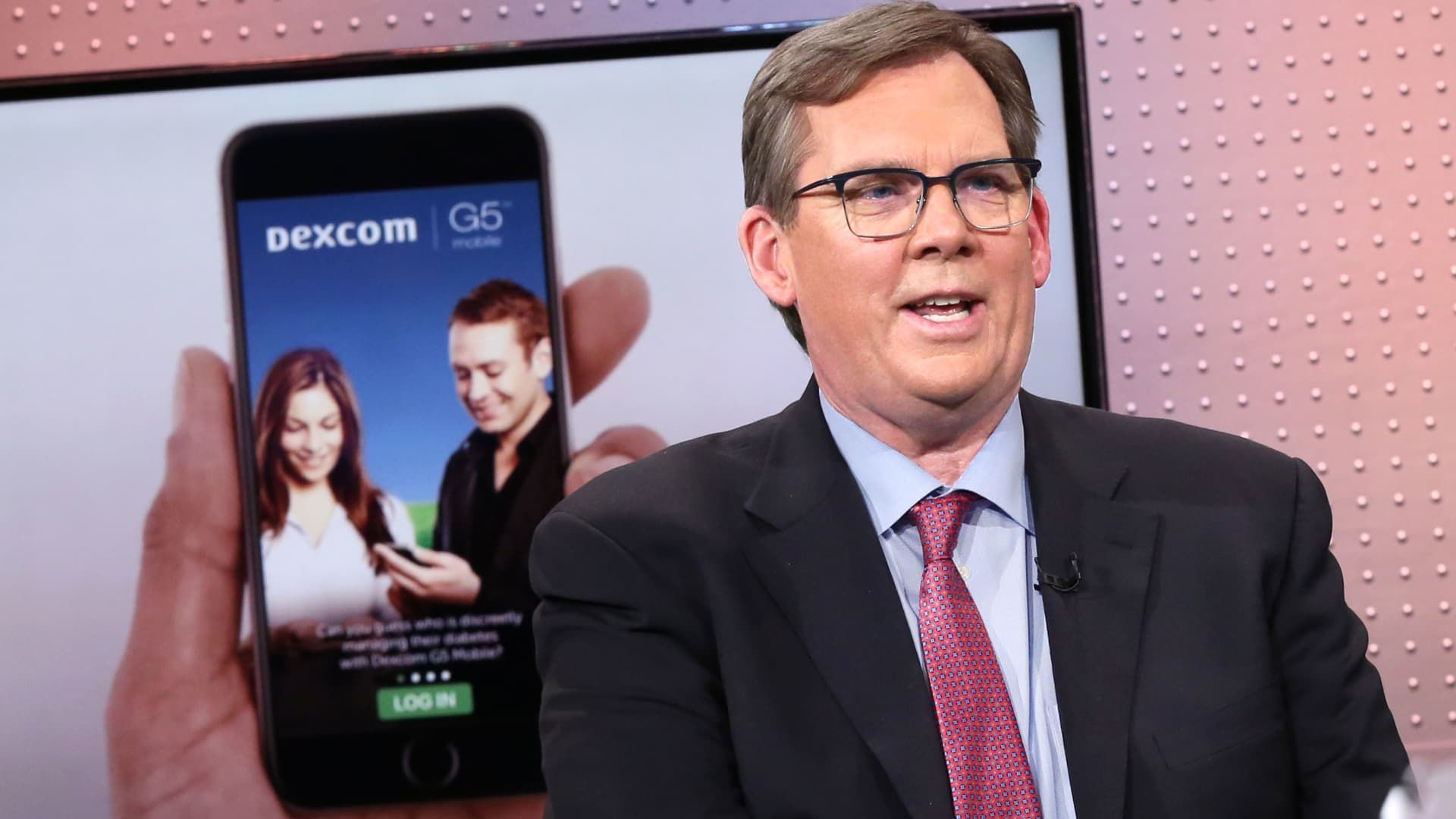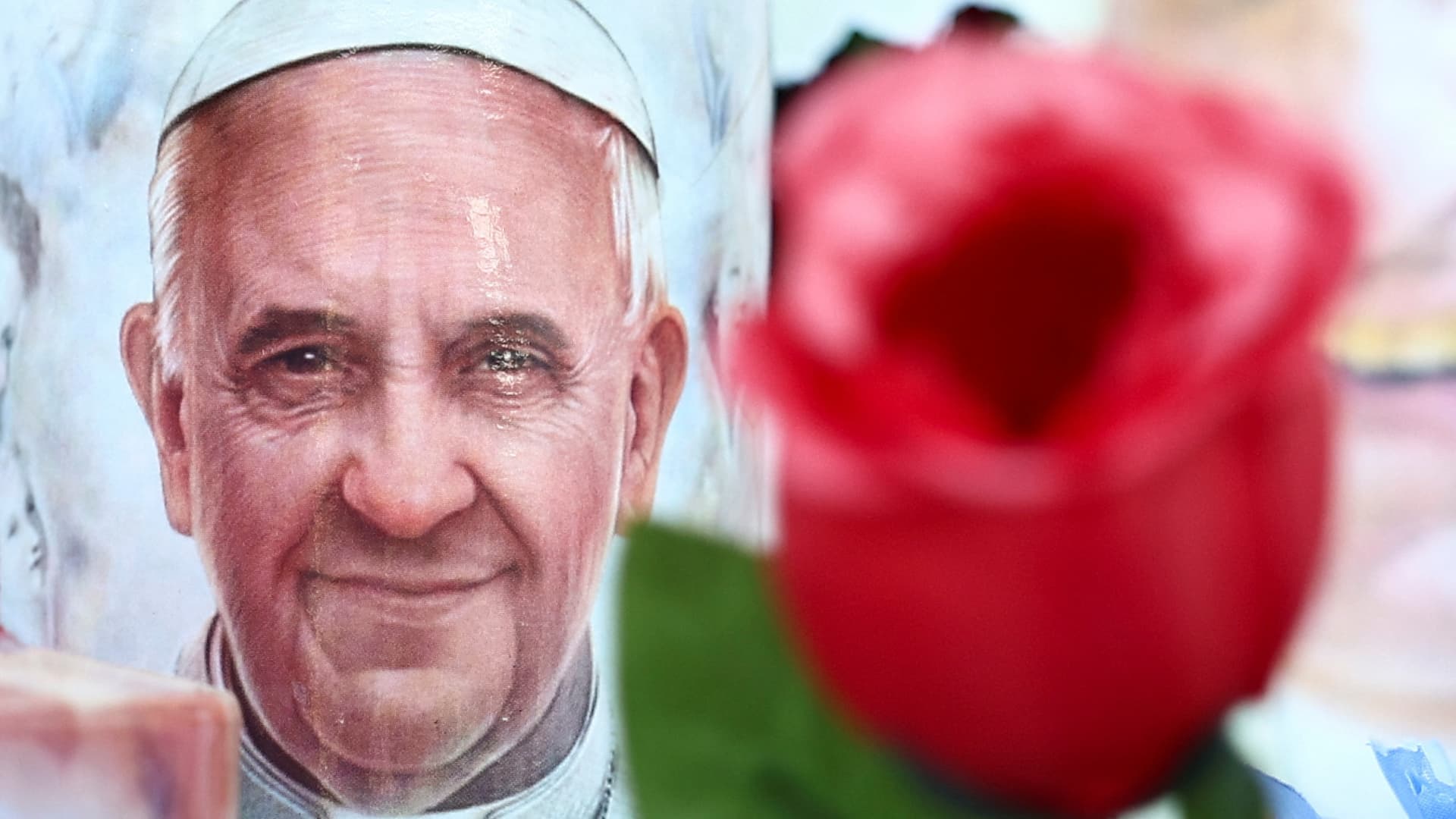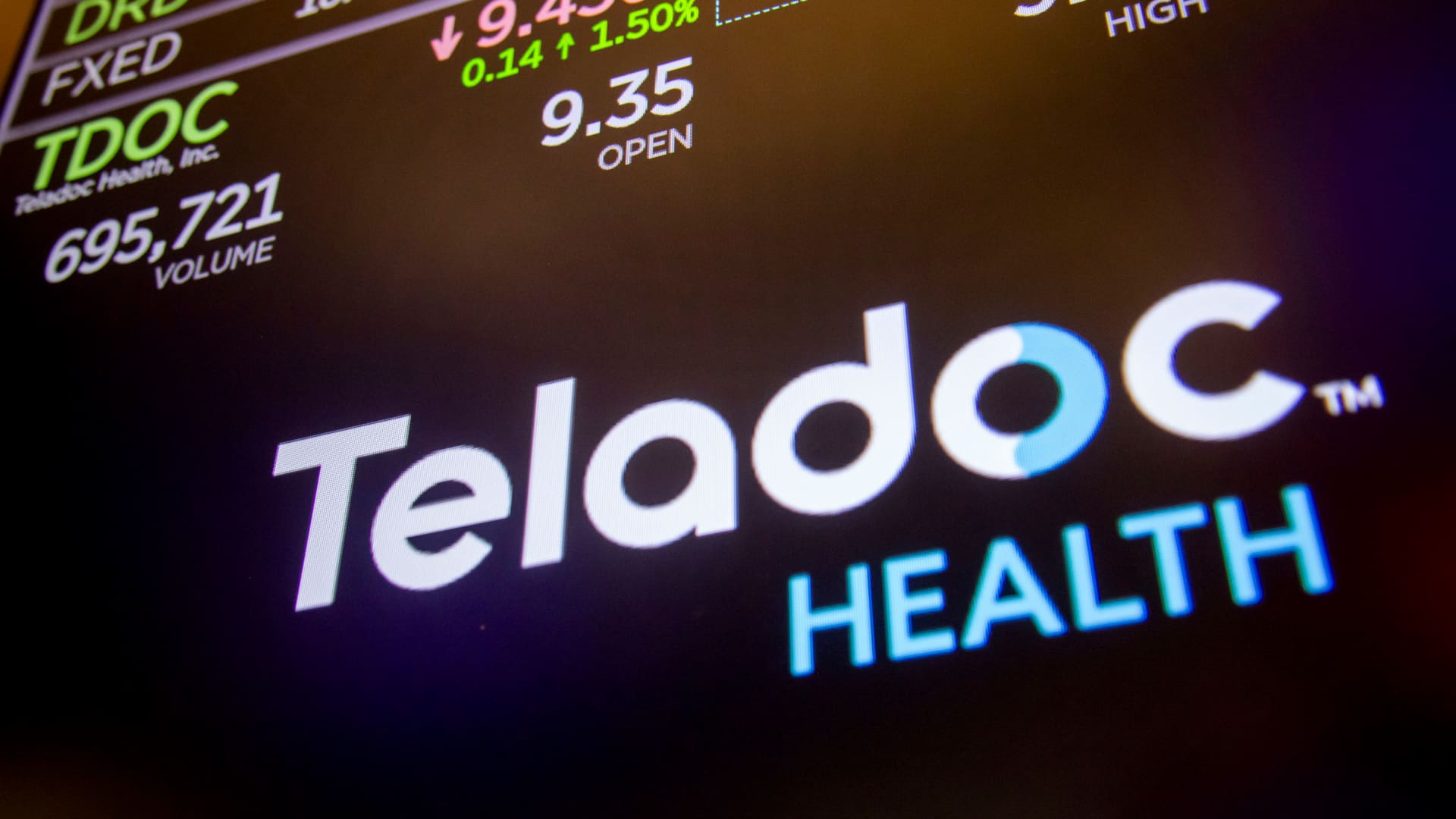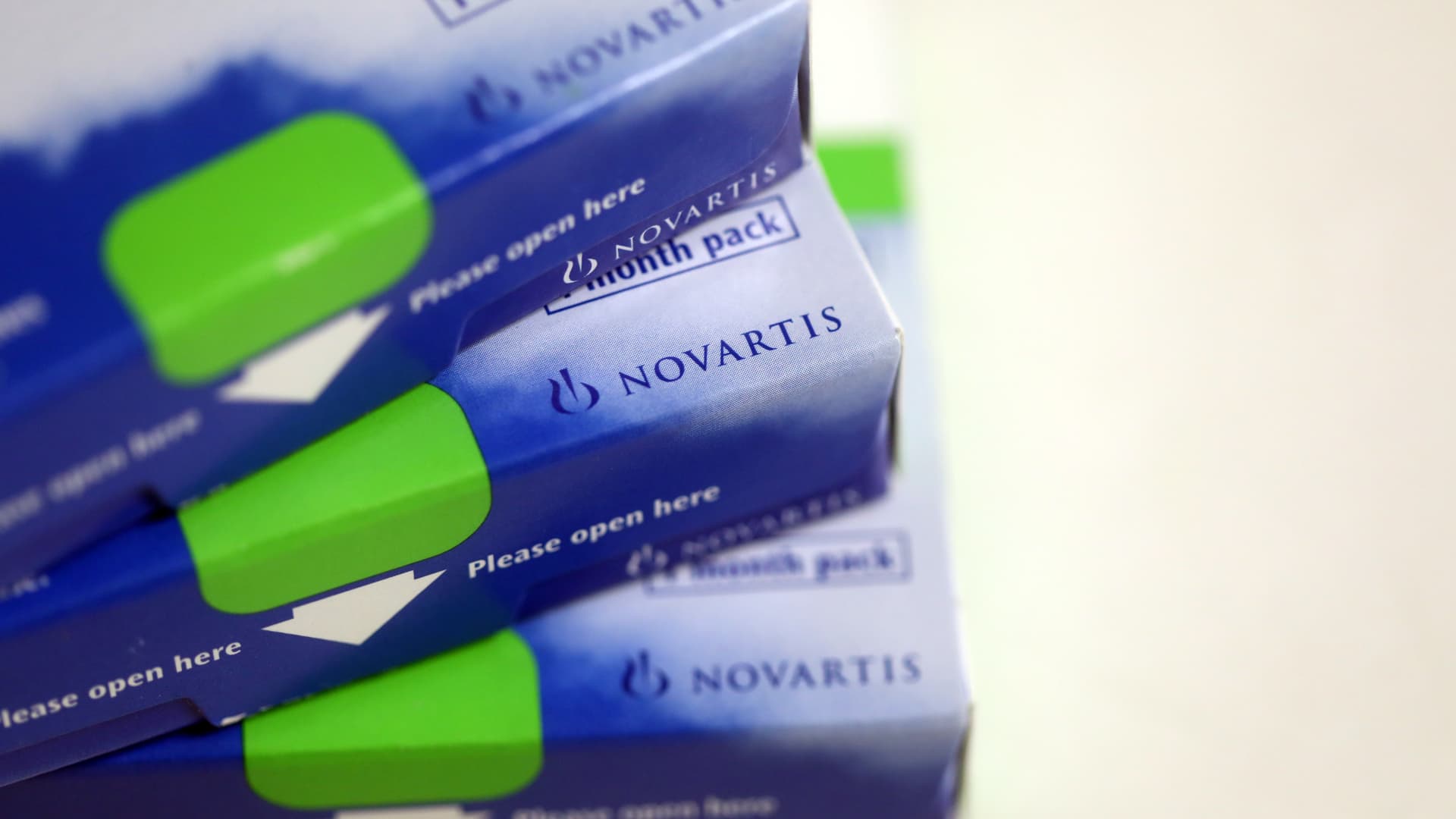Dexcom Shares fell more than 40% on Friday and were on track for their worst day ever after the diabetes management company reported disappointing second-quarter revenue and offered weak guidance.
Shares fell $45.38 to $62.47 in early afternoon trading, wiping out about $18 billion in market capitalization. Before Friday, the biggest drop came in September 2017, when shares plunged 33% in one day. Dexcom debuted on the stock market in 2005.
Dexcom's revenue rose 15% to $1 billion from $871.3 million a year earlier, according to a statement late Thursday. Analysts had expected revenue of $1.04 billion, according to LSEG.
Investors' biggest concern was the outlook. For the third quarter, Dexcom expects revenue of $975 million to $1 billion to account for “certain one-time items impacting seasonality in 2024,” according to the statement. Dexcom updated its full-year guidance and now expects revenue of $4.00 billion to $4.05 billion, down from the $4.20 billion to $4.35 billion it forecast last quarter.
Dexcom offers a suite of tools such as continuous glucose monitors (CGMs) for patients diagnosed with diabetes. On the earnings call, CEO Kevin Sayer attributed the challenges to a restructuring of the company’s sales force, fewer new customers than expected and lower revenue per user. Part of the shortfall was due to customers taking advantage of discounts for the new CGM called the G7. In addition, the company said it underperformed in the durable medical equipment (DME) channel.
“DME distributors remain important partners for us in our business, and we have not performed well this quarter in relation to those partnerships,” Sayer said on the conference call. “We need to refocus on those relationships.”
JPMorgan Analysts downgraded the stock Friday from a hold rating, saying the report marked a “sharp turn in the wrong direction.” Analysts said they still have some unanswered questions but are confident the company's performance was due to internal issues rather than market changes such as the growing popularity of weight-loss treatments called GLP-1.
During the Q&A portion of Thursday's earnings call, JPMorgan's Robbie Marcus asked for more details on the substantial drop in projections, expressing “shock” at the magnitude of the disruption a change in sales force structure could cause.
“I feel like there has to be something else,” Marcus said, asking if GLP-1s were having an impact.
Sayer responded by saying that the company is “missing a lot of new patients compared to where we thought we would be at this point.” He said the reorganization of the sales team, which led to changes in geographic coverage, was more drastic than expected, as physicians were now dealing with different reps.
In their note, JPMorgan analysts highlighted “the magnitude of the fall” and said that The fact that “it seems largely self-inflicted is simply difficult to fully comprehend.”
Regarding the DME issues, Sayer said the company lost customers “who have the highest annual revenue per year.” He added that eligibility for reimbursement for the G7 was three times faster than with the previous product, the G6.
Dexcom Chief Financial Officer Jereme Sylvain said all of those variables add up to a $300 million shortfall in the company's guidance for the year at the high end.
“It's certainly not something we're happy about,” Sylvain said, adding that in the interest of “full transparency” the company needed to clarify “what the impact will be for the rest of the year.”
Analysts at William Blair wrote that Dexcom's results were “disappointing,” but their long-term view has not changed. Dexcom has the ability to expand the market and recover recent stock losses, they said.
“This short-term dynamic should prove transitory,” they wrote in a note on Friday.
Leerink analysts agreed, writing in a report Friday that “the magnitude of the sale is overblown” and that the issues currently plaguing the company are unlikely to have a material impact on Dexcom's long-term trajectory.
In March, Dexcom announced its new The U.S. Food and Drug Administration (FDA) has authorized the use of an over-the-counter continuous glucose monitor (CGM) called Stelo. Stelo is designed for patients with type 2 diabetes who do not use insulin. Dexcom said Thursday that it will be officially launched in August.
With Friday's sell-off, Dexcom shares are down nearly 50% for the year, while the S&P 500 is up 15%.
LOOK: Dexcom cuts forecast












